Occasionally we come across works by other practitioners that we find to be compelling and in the same general flow of our own work. Tao Orion’s book Beyond the War on Invasive Species is one such book.
Orion is a permaculture designer living and working in Oregon, whose expertise includes organic agriculture, ecosystem restoration, and herbalism. She lives on a 6.5 acre homestead and teaches at Oregon State University, as well as at a 40-acre non-profit sustainable-living education organization.
I might mention, right off the bat, that I feel like I have already passed through my own permaculture-focused stage of youth, and come out the other side a bit disheartened about the idea. There are certainly aspects of Permaculture-living that are attractive and valuable, but on the whole I sometimes find it a bit impractical and idealistic. So I will forgive you if you are a bit skeptical as well.
It has been helpful for me to circle back to some of these concepts and to try to see what rings true and what I can still glean from it.
At our Restoravore summer event in August I shared this quote from early on in the book:
“It occurred to me that if we are to restore and enhance populations of native species, then we must restore our sense of belonging within the ecosystems that we depend on. We must reimagine restoration as a practice that takes place in all ecosystems, especially those from which we derive our daily needs. Ecosystems should be restored and enriched by every action we take and decision we make, including the methods we use to procure our food, shelter, water, and other necessities of daily life. Restoration should be designed into every facet of our lives” pg. 8-9
If I was to summarize what I believe to be the heart of the book in one paragraph, that would be the one. That is the sentiment that rings true for myself and that lies at the heart of Restoravore’s mission- To advance restorative land use practices that reintegrate communities with native ecology.
Orion spends a lot of time in the book making the argument that our obsession with invasive species is missing the point. That natural communities have been moving and changing forever, and that focusing on individual species will not solve the functional problems of our ecosystems. This point is well taken. It is true that the underlying ecosystem problems will not be solved by targeting recently introduced species alone, and that, in many cases, introduced species thrive by filling a vacuum that exists in an ecosystem due to chronic issues of unhealth.
She comes down hard on the use of pesticides and herbicides, perhaps a bit harder than I would. I agree that our societal dependence on synthetic chemicals applied prolifically is problematic (especially when it comes to our food systems). Similarly, we should not be managing other landscapes with annual applications of herbicide. That said, managing your own 6.5 acre homestead organically, is not the same as managing the complex broader landscape as a whole, and I think that rejecting some of the more limited and precise uses of pesticides on sweeping philosophical grounds is unnecessary. We should keep all of the tools in our toolbox. So you might take that aspect of the book with a grain of salt.
Orion argues strongly for our obligation to work with rather than against natural forces of disturbance (like fire and grazing) and to better learn how they influence the landscape. She helps us better understand concepts such as succession and invasion, resilience and stability. She explains how the American ecosystems were being managed by the wildlife and indigenous peoples long before European settlers arrived on the scene. And she explains some of the ways in which we can all begin to ‘garden’ within our landscape again.
Tao Orion may have chosen a lifestyle that seems too idealistic to be an option for most of us. I’ll admit that there are many sacrifices that I, myself, may not be quite yet willing to take with my own lifestyle. But reading through this book makes me think about the ways that I can and should continue to adjust and increasingly align and integrate with the ecosystem around me. I think it may serve to do the same for you as well.
I’ll leave you with one additional quote in closing that aligns well with our philosophy at Restoravore:
“We need radical restoration of people into their home landscapes, reimagining the possibilities of what it means to be native to a place in the modern era. We need meaningful relationships with the land and experiments with how best to mitigate, remediate, enhance, and diversify not only the ecosystems that support human life, but also those that support as many other organisms as possible.” pg. 179 (emphasis mine)
Tao Orion, Beyond the War on Invasive Species: A Permaculture Approach to Ecosystem Restoration. Chelsea Green Publishing- White River Junction, Vermont. 2015.
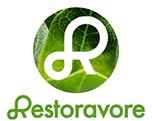
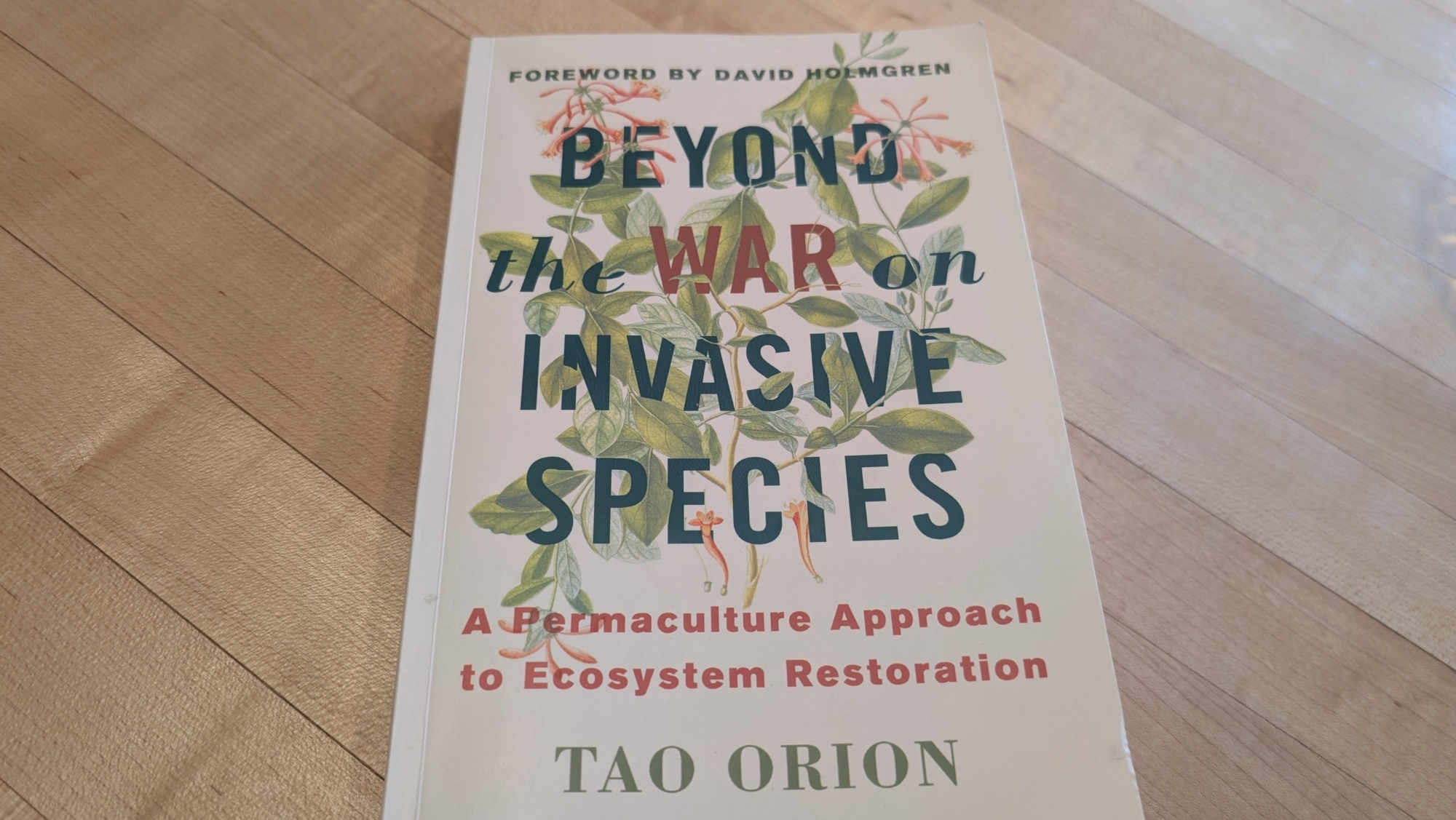



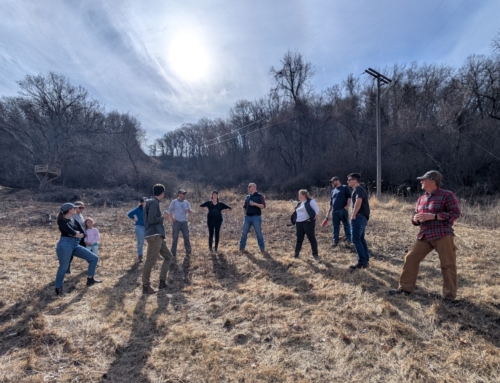
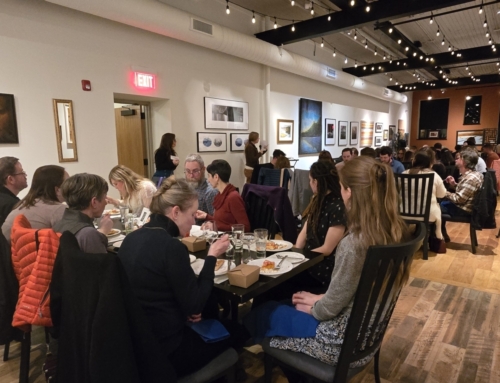
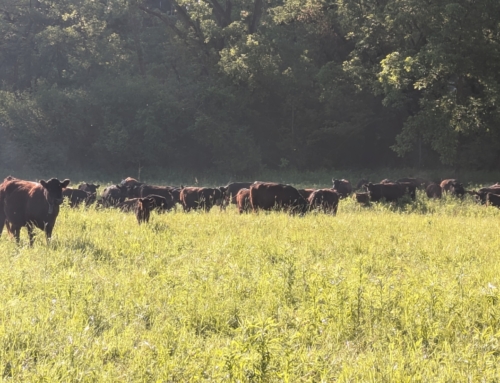
Leave A Comment